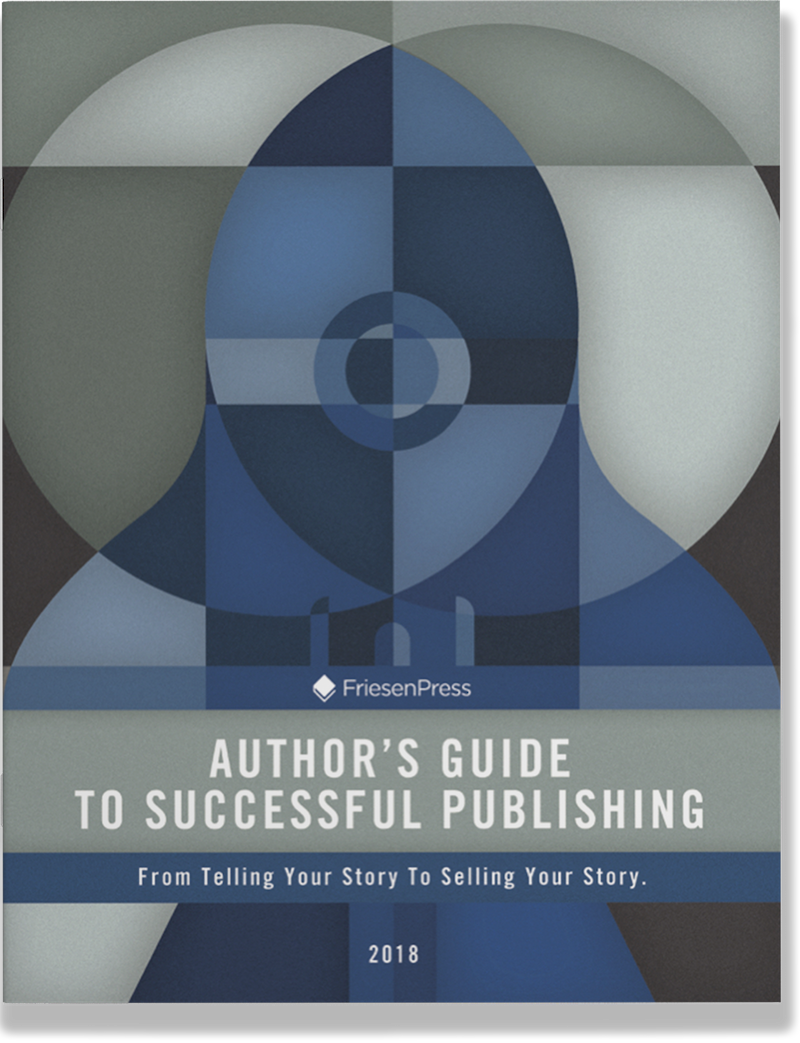Authors: Beware of Positive Feedback
/Authors: Beware of Positive Feedback
Developing a solid understanding of your intended reader is a great start to your journey as an author. Knowing more about who your audience is helps you craft better content, language, tone, design, and marketing. Heck, it may even help you with your font choice. In a previous article, I talked about how to develop a persona for your intended reader. Now that you’ve crafted one, how do you know it’s the right one?
If you’re anything like me, when you make the decision to devote a significant part of your time away from family, friends or even a job to writing a book you’ll try to seek validation from anyone. After all, writing a book is hard enough. Why would you waste time listening to Negative Nellies who don’t understand what you’re trying to achieve? Or who say your writing isn’t good, or—worst of all—that it’s dull?
Criticism can be a difficult pill to swallow and fear of it often causes would-be authors to make a big mistake validating their intended audience: namely, they don’t seek feedback from sources that may be harsh. The only advice I can give you here is: suck it up, buttercup. If you want your book to resonate with readers, you may have to take some ego hits along the way. If you want only positive feedback about your book, then limit your test readers to your parents and spouse, but know that you risk putting something out there that no one wants.
The best piece of advice I’ve heard about starting a new business is to have a waiting list of customers before you open your doors. That means painstakingly seeking out feedback from the people who you think would actually pay money for the thing your business is producing, and switching gears based on their feedback. It's no different with your writing projects.
After you've crafted your persona, find five to ten people who match it and ask if they’ll devote some time to giving you honest feedback on a portion of your book. Tell them you’re seeking their ‘expertise’. You’ll do this for two reasons:
Everyone likes to have their opinion valued; and
They actually are experts at being the persona you’ve developed.
Then send them the concept for your book, plus a few short drafts of what you’re writing. Tell them you’re just exploring this area, and that you want to know if you’re hitting the mark with them. If you say you’ve already committed to writing a book, they may not be totally honest with you (I call this the ‘politeness filter’). In fact, at the start you should want to get a bunch of critical feedback about your concept because it will help you better shape your persona, which in turn, will guide so much of your content going forward.
And if all of the feedback you get from your persona focus group is like that business idea that needs tweaking, then it’s time to switch gears and make those changes. But here's the best part: by seeking feedback from those folks ahead of time you'll have started building your lineup of customers before you've written a single word.
###
Rodger Banister is an award-winning copywriter, marketing executive and author of It's Not About You - How To Think Like An Employer and Get The Job You Really Want.









